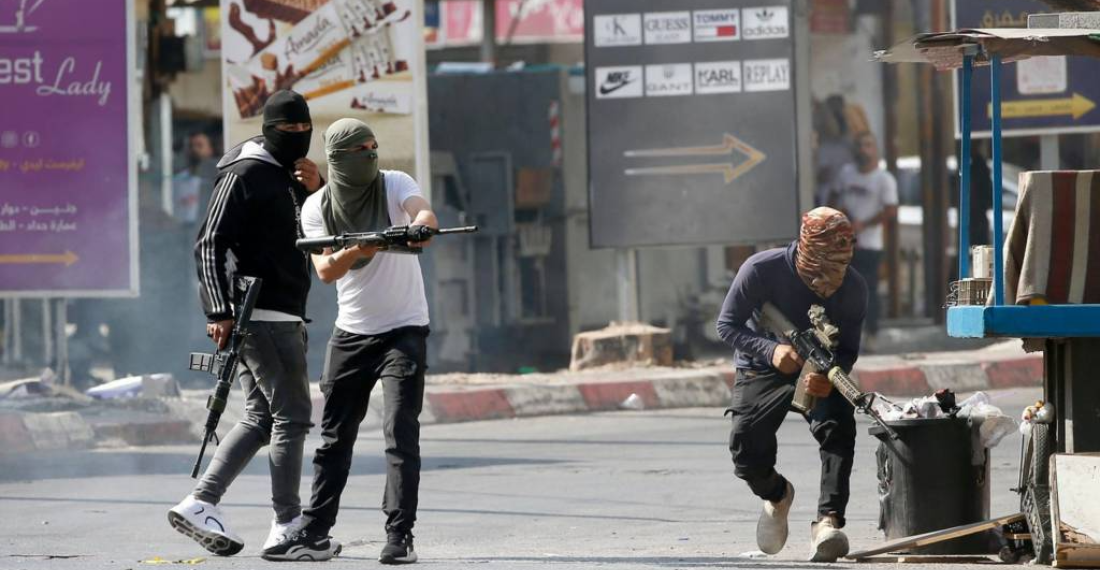On Monday (3 July) Israel launched a major military operation in the Jenin refugee camp in the north of the occupied West Bank. The Israeli government has described it as an "extensive counter-terrorism effort".
Monday morning began with drone strikes on targets in the militant stronghold, before Israel deployed hundreds of troops into the West Bank refugee camp. The operation came after growing domestic pressure following a series of attacks on Israelis, including a shooting last month that killed four Israelis.
As of Tuesday morning (4 July), Palestinian officials have announced that 10 Palestinians have been killed during the Israeli operation in Jenin, while over 100 have been injured. Some 3,000 people have fled the refugee camp overnight, reports the Palestinian Red Crescent. While the Israeli government said that its operation "dealt a heavy blow to terrorist organisations", Palestinian officials have described the events as a "war crime" and an "invasion".
The BBC writes that the densely populated Jenin refugee camp, home to 14,000 people, is controlled by militant groups and local Palestinians have been linked to the recent shooting attacks targeting Israelis.
On Tuesday morning, a general strike was called across the Palestinian Authority, while the Israeli Defense Forces spokesperson Rear Admiral Danieal Hagari said that 10 targets remained unsearched, 120 suspects had been detained, and 300 militants were believed to still be hiding in Jenin.
The United Nations has said that water and electricity supply in Jenin has been affected, while the White House has said that it is monitoring the situation.






